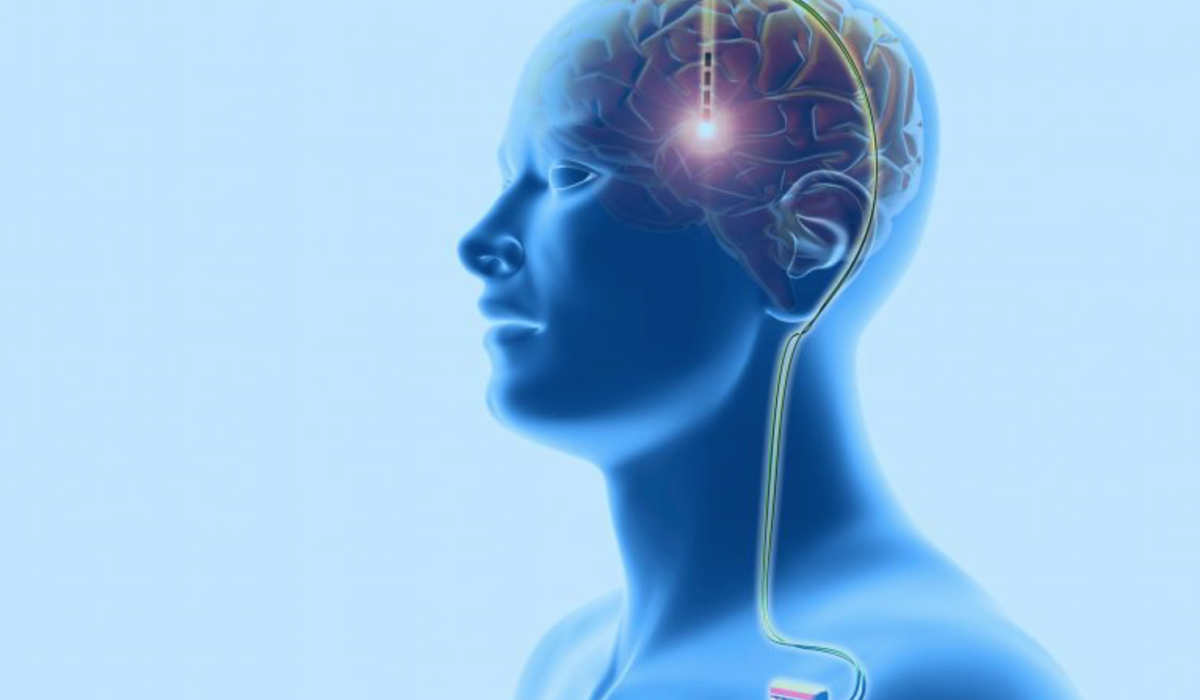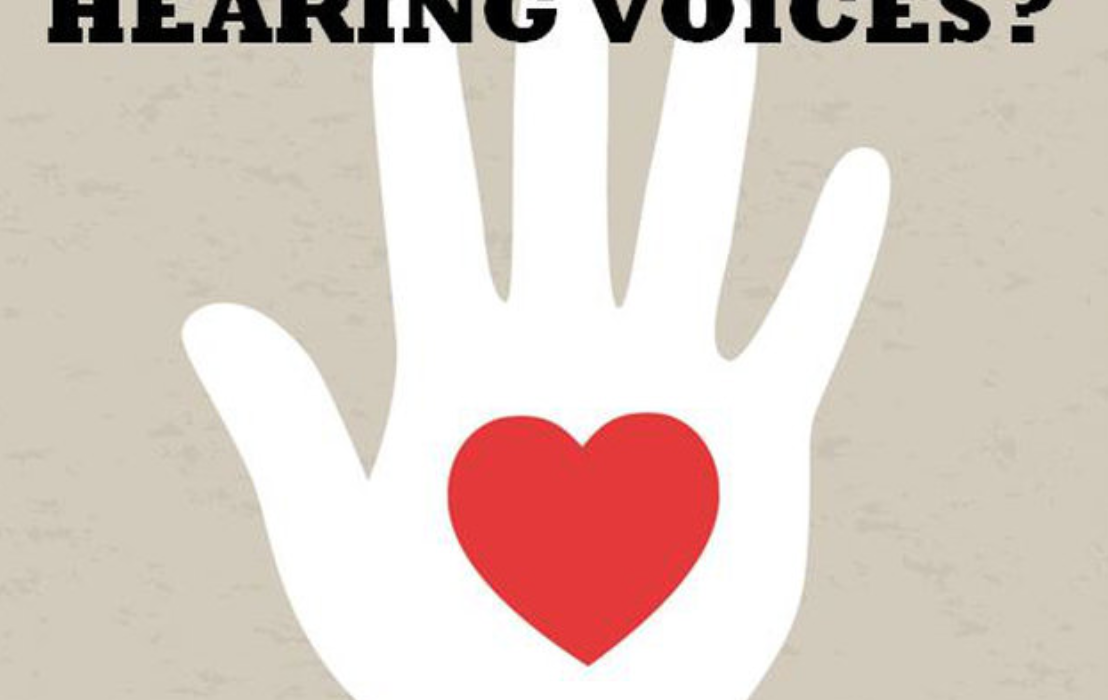Ruhr University professor Sebastian Kruss, with Max Planck researchers Sofia Elizarova and James Daniel, has developed a sensor that can visualize the release of dopamine from nerve cells with unprecedented resolution. The team used modified carbon...
Brain
Univ. of Reading study links Alzheimer’s disease to blood brain barrier damage
The “Lipid Invasion Model” argues that lipids entering the brain due to blood brain barrier damage is the determining cause of the Alzheimer’s Disease. The presence of excess lipids in the brain cells of...
Prenatal MRI study suggests autism differences may begin in the womb
A small Boston Children’s Hospital study led by Assistant Professor Emi Takahashi and postdoc Alpen Ortug showed increased volume of the insular lobe as a potential strong prenatal MRI biomarker that could predict the emergence of ASD later in life....
Stanford study: High dose magnetic stimulation eases severe depression
Nolan Williams, Alan Schatzberg, and Stanford colleagues have published a small, double blind study showing that high dose, noninvasive, magnetic brain stimulation alleviated depression symptoms in 80% of participants. Stanford accelerated intelligent neuromodulation therapy (SAINT) is an...
Passive EEG assessment detects cognitive decline early
George Sothart and University of Bath colleagues have developed a new, EEG + game memory assessment techniquewhich could enable the earlier diagnosis of Alzheimer’s disease, the underlying cause of around 60% of dementia cases.. The need...
Apple partners with UCLA, Biogen for iPhone mental/cognitive health monitoring
The Apple/UCLA project “Seabreeze” and Apple/Biogen project “Pi” represent a further move into iPhone health monitoring. According to the Wall Street Journal, Apple is attempting to develop an algorithm to identify depression and cognitive...
Nurmikko’s Neurograins can enable unprecedented brain signal recording detail, new therapies
Arto Nurmikko and Brown colleagues have developed BCI system which employs a coordinated network of independent, wireless microscale neural sensors, to record and stimulate brain activity. “Neurograins” independently record electrical pulses made by firing neurons...
Algorithm isolates specific brain signals, provides feedback
The US Army and USC Prof Maryam Shanechi have developed an algorithm that can determine which specific behaviors—like walking and breathing—belong to specific brain signals. Segmenting brain signals has been notoriously difficult, as all signals associated with...
DBS study shows long-term antidepressant effect in treatment-resistant depression
Helen Mayberg at Mount Sinai has published a study showing that deep brain stimulation of the subcallosal cingulate provides a lasting antidepressant effect in treatment-resistant depression. According to Mayberg: “Over eight years of observation, most of our...
Phone-based support for psychosis
University of Washington’s Dror Ben Zeev has published a paperdetailing a wide array of phone-based technology meant to support the recovery of psychosis throughout life — from early detection to symptom management to vocational rehabilitation, The...









